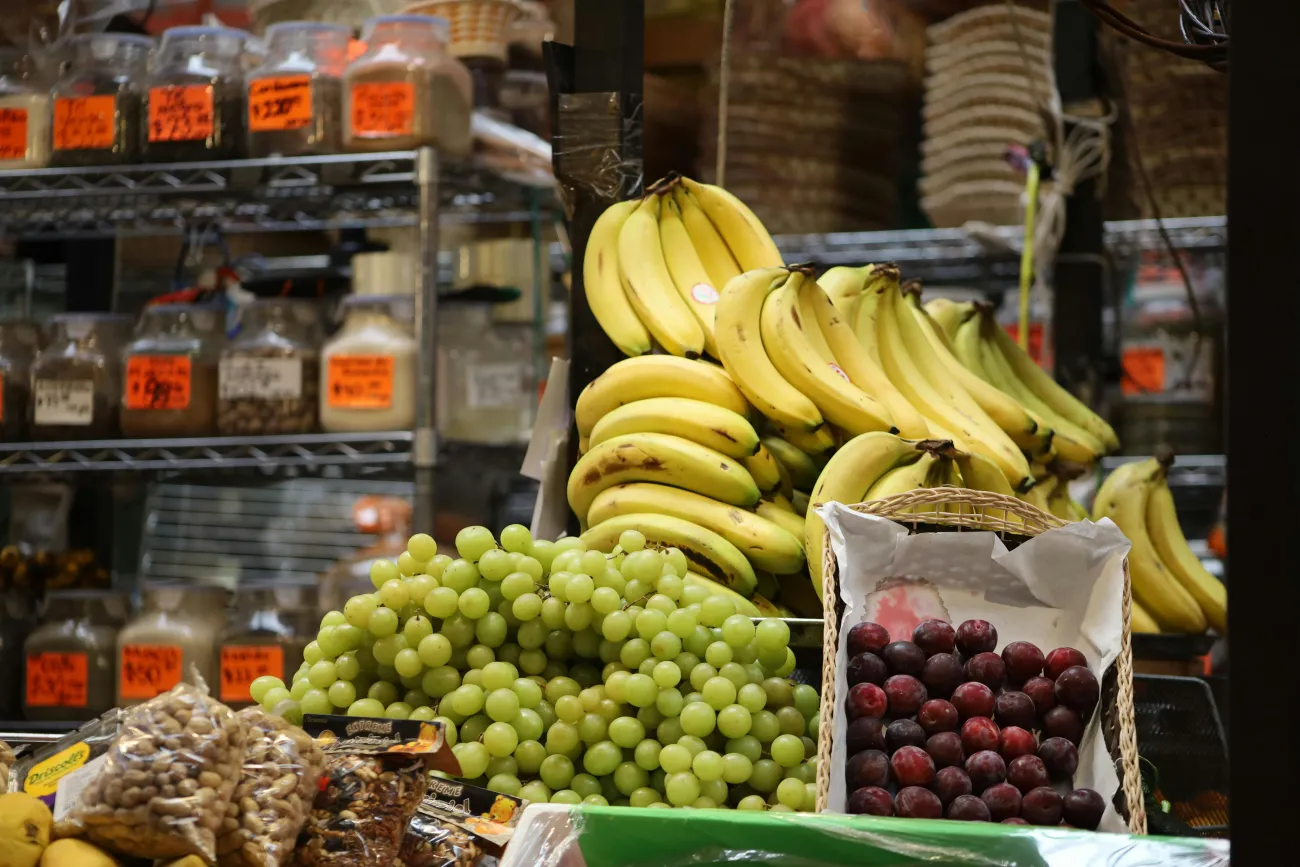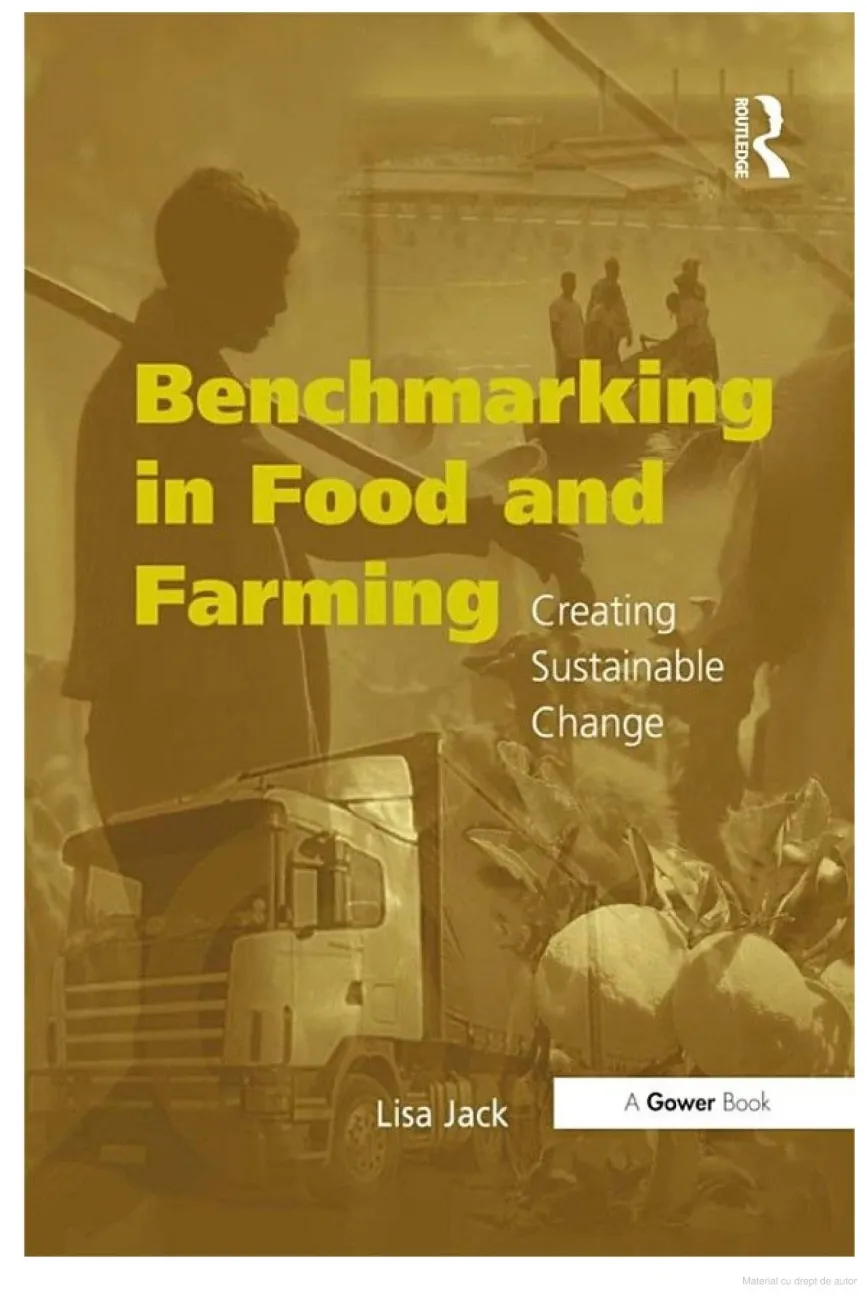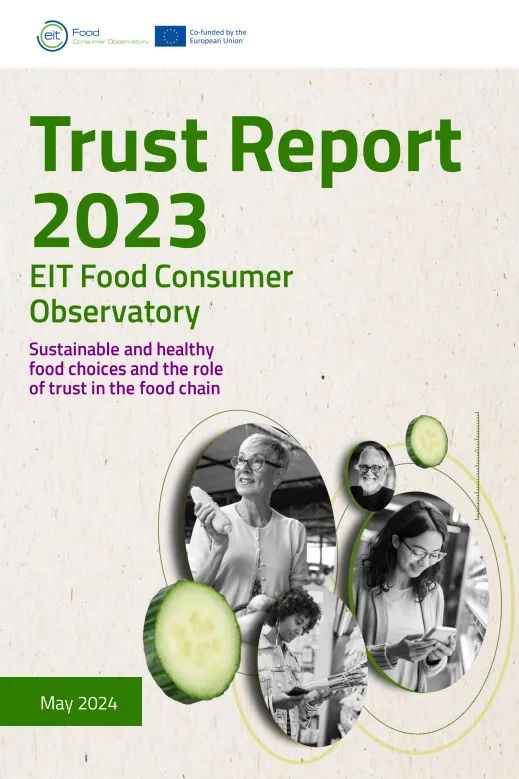This paper, co-authored by FCRN member Simon Bager, assesses the sustainability practices of a sample of hundreds of companies in the global coffee sector, including producers, traders, roasters, processors and cafés. It reports that around one third of the companies have no sustainability commitments, another third have one to four commitments and the remaining third have five or more sustainability commitments.

The study finds that larger companies are more likely to adopt a greater number of sustainability practices (including both environmental and socio-economic aspects), with extra-large companies adopting an average of 10.3 sustainability practices compared to 2.3 for extra-small companies.
The most common environmental sustainability practices adopted by companies were related to recycling, energy use and waste, as shown in the figure below. The least common were related to genetic modification, zero deforestation and life cycle assessment.
 Image: Figure 3, Bager et al. Adoption frequency by companies of environmental practices and total number of companies adopting the specific practice.
Image: Figure 3, Bager et al. Adoption frequency by companies of environmental practices and total number of companies adopting the specific practice.
The most common socio-economic practices adopted were donations to particular causes, offering training to suppliers (such as coffee farmers) and having a policy of paying above a minimum market price for some or all of the coffee bought. The least common practices covered price transparency (providing information on how much is paid to producers and other actors along the supply chain), social employment (providing particular benefits or training to employees) and publishing a CSR (corporate social responsibility) report.
 Image: Figure 4, Bager et al. Adoption frequency by companies of socio‐economic practices and total number of companies adopting the specific practice.
Image: Figure 4, Bager et al. Adoption frequency by companies of socio‐economic practices and total number of companies adopting the specific practice.
Abstract
The coffee sector is facing several sustainability challenges. We ask whether addressing these is transforming the entire coffee sector or rather leading to market differentiation. Drawing on stakeholder theory and global value chain analysis, we analyse how the coffee sector approaches sustainability by examining the sustainability efforts of a random sample of 513 companies. We also identify the factors shaping the adoption of sustainability strategies. A third of companies report no commitment to sustainability, whereas another third report vague commitment. The final third of companies report tangible commitments to sustainability. Company characteristics and stakeholders affect the scope and type of sustainability strategy chosen. Large, risk‐aware companies tend to conduct ‘hands‐on’ governance, adopting internal sustainability practices along their value chain. Small, consumer‐facing companies and producers rely on ‘hands‐off’ governance, adopting external voluntary sustainability standards. Several sustainability issues remain underaddressed by most companies, including climate change and deforestation. We found indications of potential greenwashing by some companies. Addressing sustainability is not yet fully mainstreamed in the sector, though ambitious commitments by sustainability leaders and large actors signal increasing importance of sustainability as part of corporate social responsibility efforts. We observe market differentiation through sustainability with progressive companies adopting sustainability strategies that align with their stakeholders, depending on value chain characteristics. Our results indicate a notable reliance on internal sustainability practices. There is a need for common coffee sustainability indicators relevant for all actors along the value chain, which are consistent with the Sustainable Development Goals, and a transparent, mandatory reporting framework.
Reference
Bager, S.L. and Lambin, E.F., 2020. Sustainability strategies by companies in the global coffee sector. Business Strategy and the Environment, Early View.
Read the full paper here. See also the Foodsource resource What interventions could potentially shift our eating patterns in sustainable directions?




Comments (0)